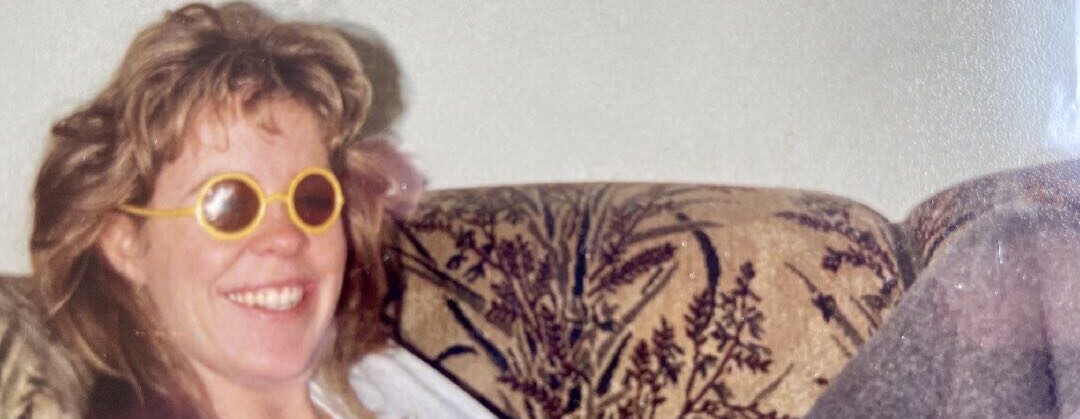I Think About the Other Boy.
A few houses down the street lives a boy in a wheelchair. He is a teenager, like Dylan, but that’s where the outward similarity stops.
The other boy has short, dark hair. He’s very thin, and his bony legs protrude from under the blanket or coat that his parents have thrown over him as he’s wheeled outside. His head hangs down and to the left, as if he is checking his blanket, but his eyes are vacant. His stick-like arms are stuck in an upright position, crooked like tree branches, wrists limp.
The other boy always looks like he is reaching for something, but he never is.
Sometimes I come racing home from dropping off Dylan at school, worried about Dylan and his social issues and his grades and his rude behavior, and I am abruptly stopped by the school bus sitting outside the other boy’s house.
The bus sits there for so long, preparing the wheelchair ramp, getting the boy inside and into the right place on the bus. For one second, I am irritated that I have to stop driving. And then I remember.
The other boy’s dad pushes the wheelchair outside. Sometimes Dad goes back inside, hurrying to be where it’s warm and dry. Sometimes he stays outside just long enough to check the mail. He doesn’t talk to the bus driver, or wave to the cars who are waiting.
He doesn’t sit with the boy, or say “goodbye.” He doesn’t give him a hug or a pat or even a nod. The other boy’s head doesn’t look up, or acknowledge Dad. He just sits in the wheelchair, arms and legs poking wherever they will, no words uttered on either end.
On days that I am stopped by the school bus – and sometimes on days that I am not – I think about the other boy. I don’t know whether he was born like this, or if an accident or illness caused it.
But I always think about that day when I was pregnant.
After an ultrasound in month four, the doctor said, “We found a spot on your baby’s brain. We don’t know what it is, but you might want to have an amnio so that you can be prepared.”
I remember sitting with Bill and wondering: Would we still have this baby if he had special needs?
We deliberated for awhile. Bill logically decided that we should wait until we knew the extent of the baby’s special needs before making any decision.
After several agonizing days, we found out that our baby probably didn’t have any of the genetic disorders normally found on the amniocentesis. We all breathed a huge sigh of relief.
I called my parents from the doctor’s office. “We’re naming him Dylan Keith, after you,” I told my dad.
I think now about Dylan’s ADHD, his special needs. Every day is fraught with some new challenge – which is, apparently, the case with all parenting. I think about the many, many friends I have with loving, wonderful, special needs children – some like mine, some not. I think about how difficult – and how rewarding – it can be to deal with Dylan.
Then, and again, I think about the other boy.
